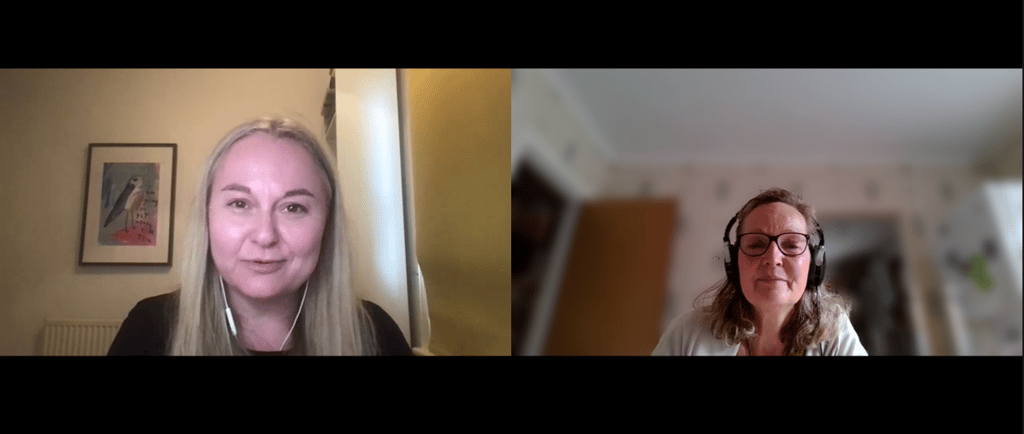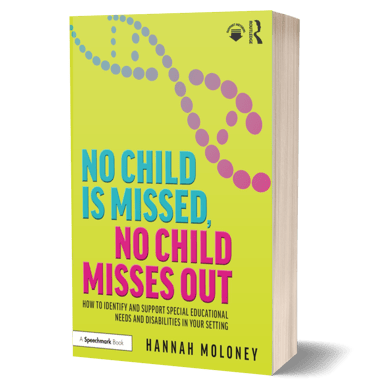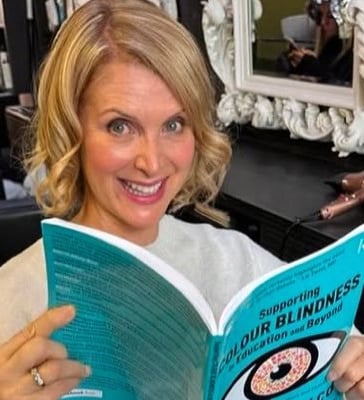
Episode 5: Visual Stress
Season One: Summer 2025
Listen to the episode


Hannah and Katrina Turnbull discuss the value of behavioural optometry as an approach to supporting functional vision, improving reading fluency as a result. They cover how behavioural optometry is different to other vision tests and why colour can really help for some children. Not supported by bodies such as the NHS and with research still lacking in understanding its potential, they consider how behavioural optometry support for children in schools could help and what a difference it would make.






About Katrina...
Katrina qualified as an optometrist in 1992 and soon became involved in post graduate education in Behavioural Optometry. This means she has a special interest in helping children or adults with issues related to either the comfort or their ability to read efficiently. This may involve issues with whiteboards, computers or paper based text. In turn, this has led to her specialising in dyslexia and to being the recommended optometrist at the University of Worcester.
Symptoms that she can help alleviate include headaches, eye strain or photo-sensitivity. These can also present as any of the following : blurring or doubling of print, difficulty with small print, losing place, poor comprehension and text moving etc.
The methods she uses can relieve all the above issues using low plus lenses, overlays, prisms, filtered (coloured) lenses and vision therapy.
For more information please look at www.babo.co.uk

Subscribe to the NCIMNCMO monthly newsletter and download the free Get Started files straight away!
By submitting, I am agreeing to the Terms of Use and Privacy Policy.
Listen to more episodes like this...
Conor Mc Donagh
on diagnosing autism and sensory processing difficulties
Dr Ben Sinclair
on pioneering medical practice with chronic health conditions
© 2025. All rights reserved.
Subscribe to the NCIMNCMO community & access the free Get Started files today!
By submitting, I am agreeing to the Terms of Use and Privacy Policy.
All advice on this website, including links to external websites, is provided in good faith to help and support you in developing an effective screening process in your setting. It is not intended as a complete substitute for specialist advice for an individual so we encourage you to seek expert guidance if you are concerned about a child or young person. For more information, please read our full Disclaimer here.










